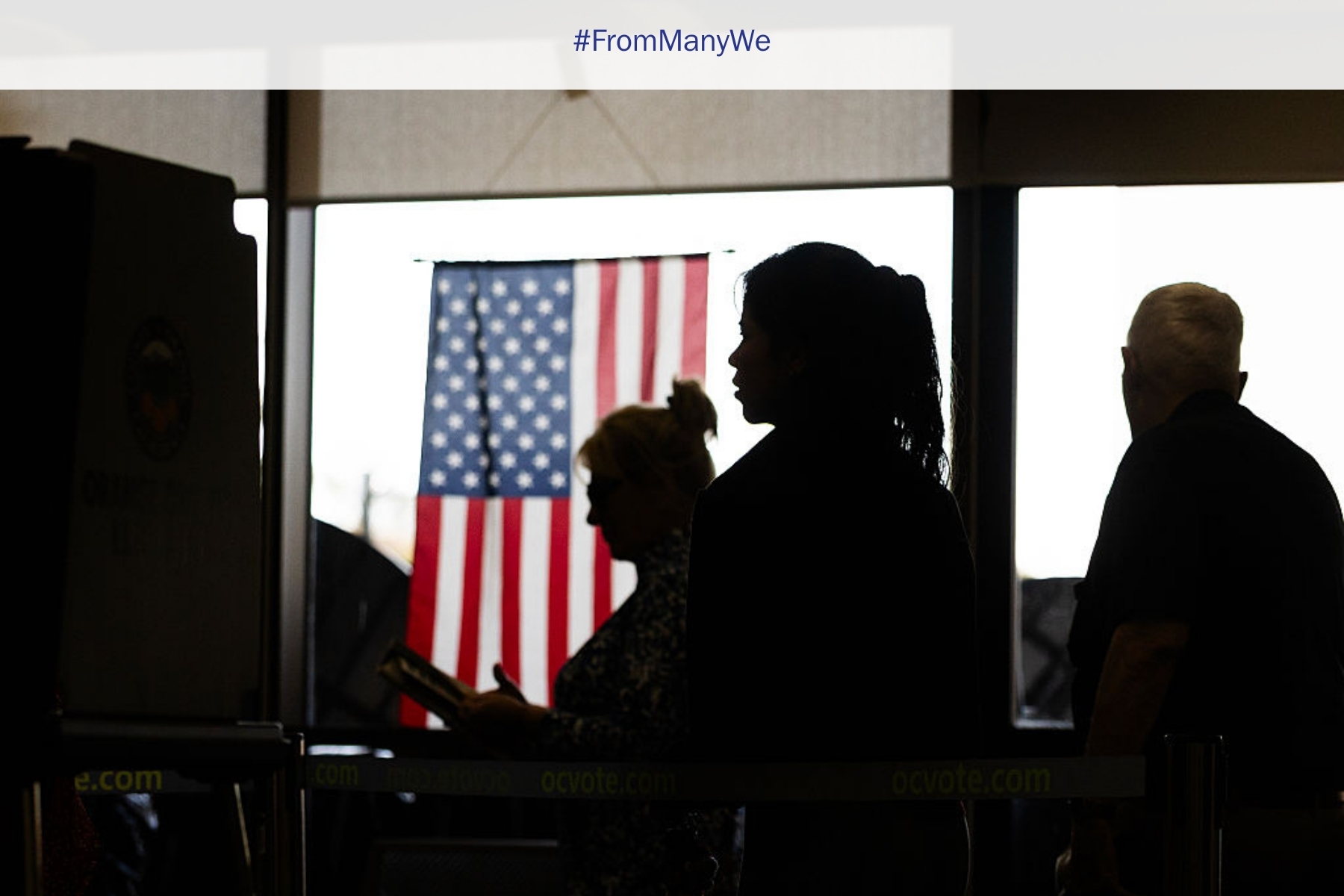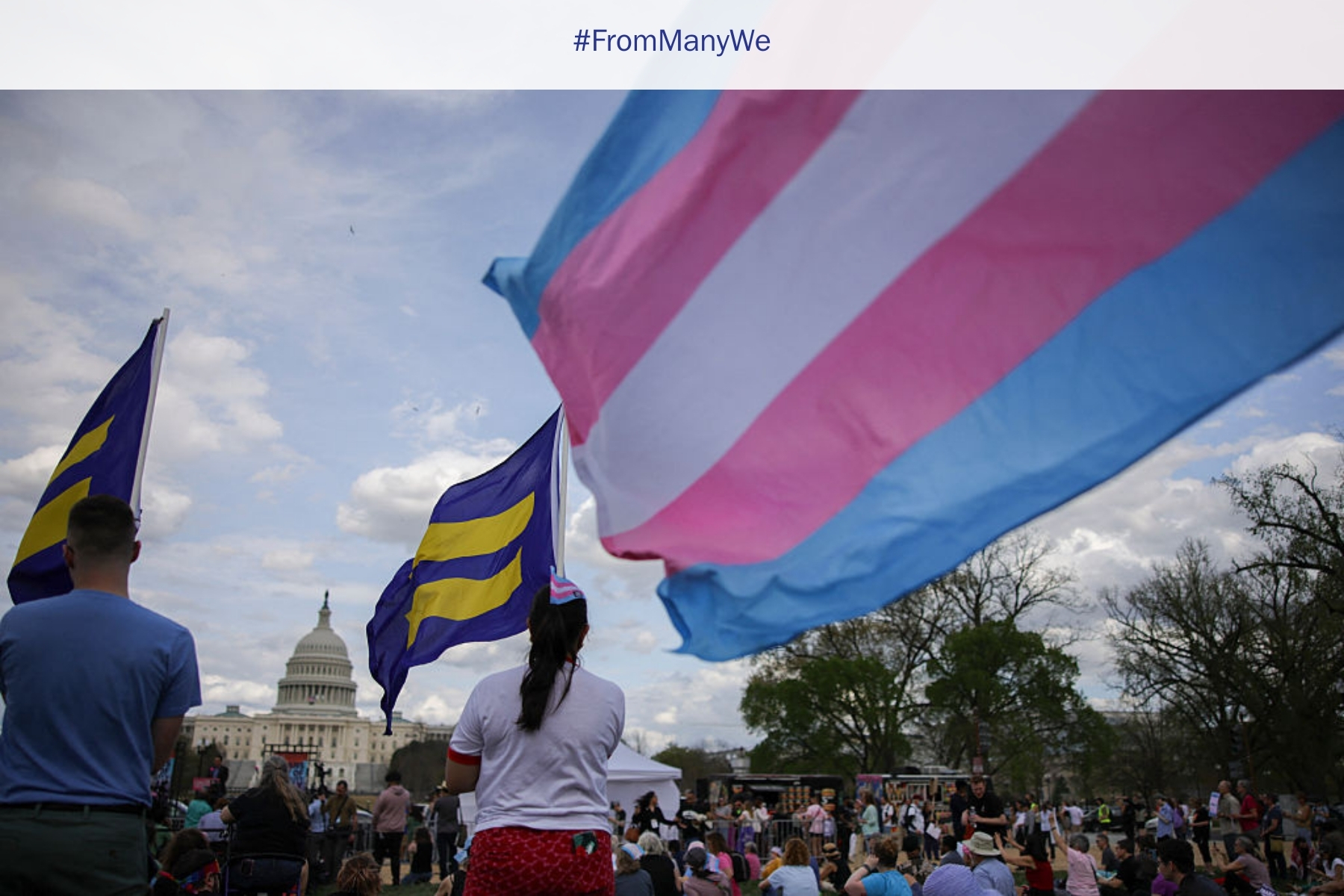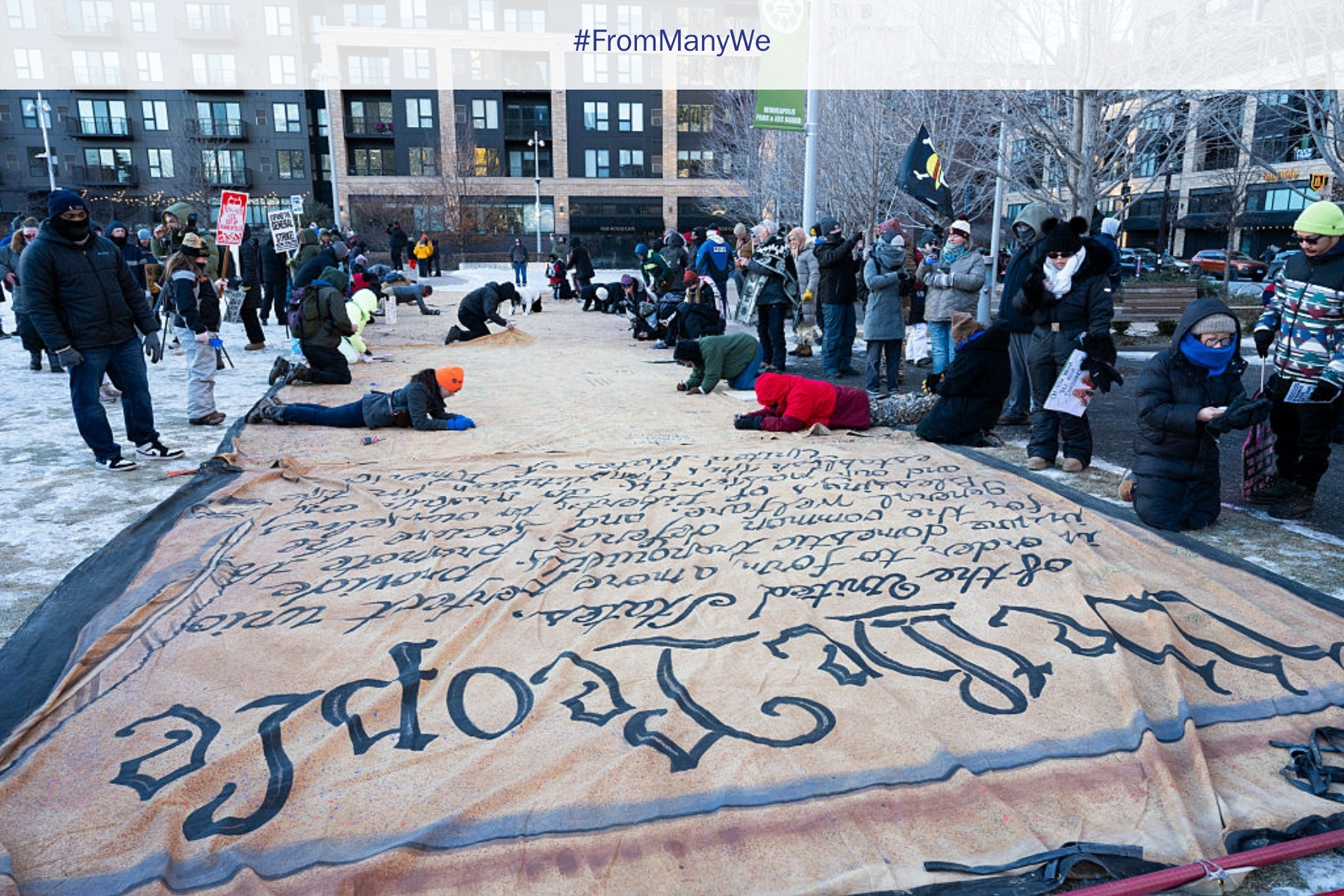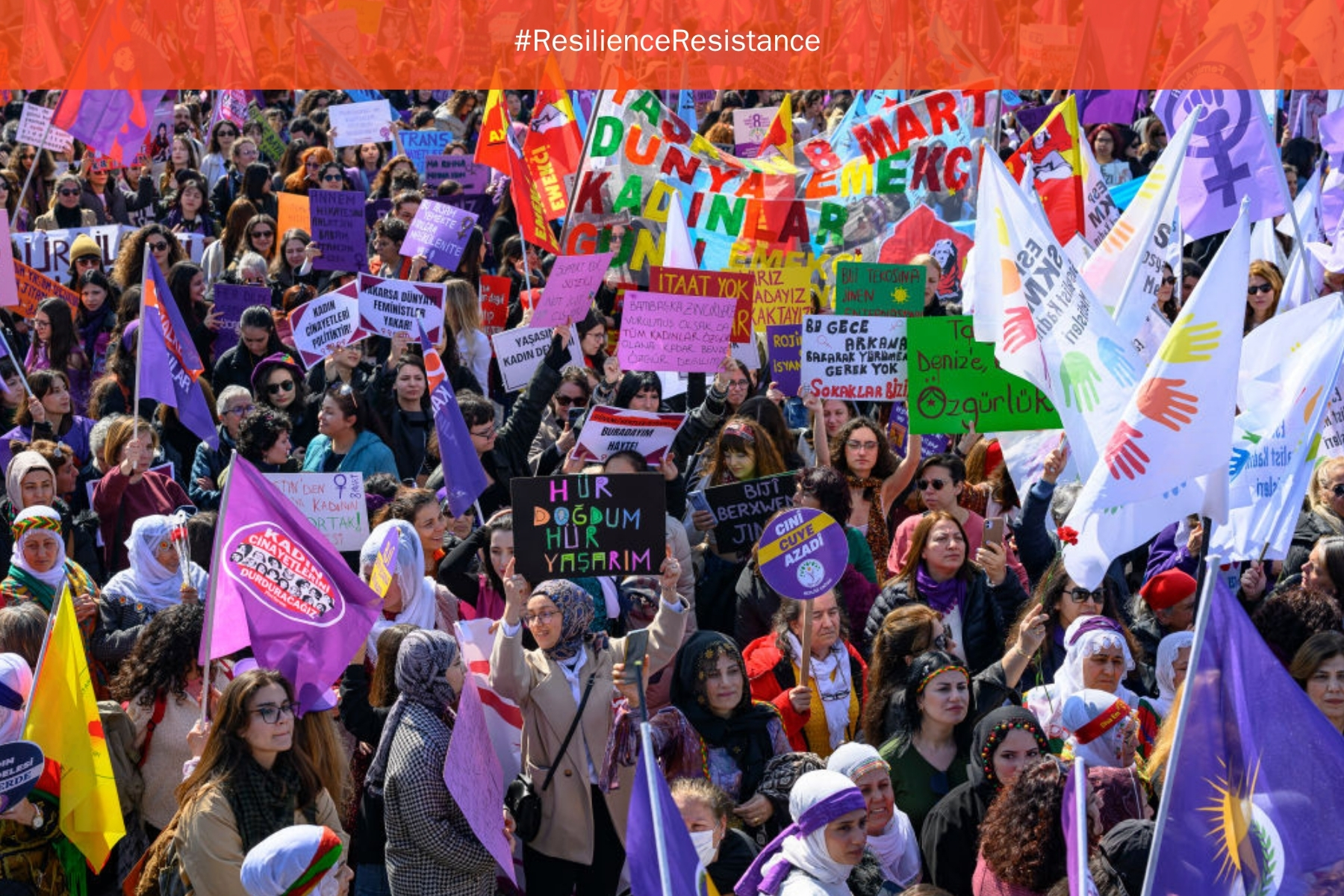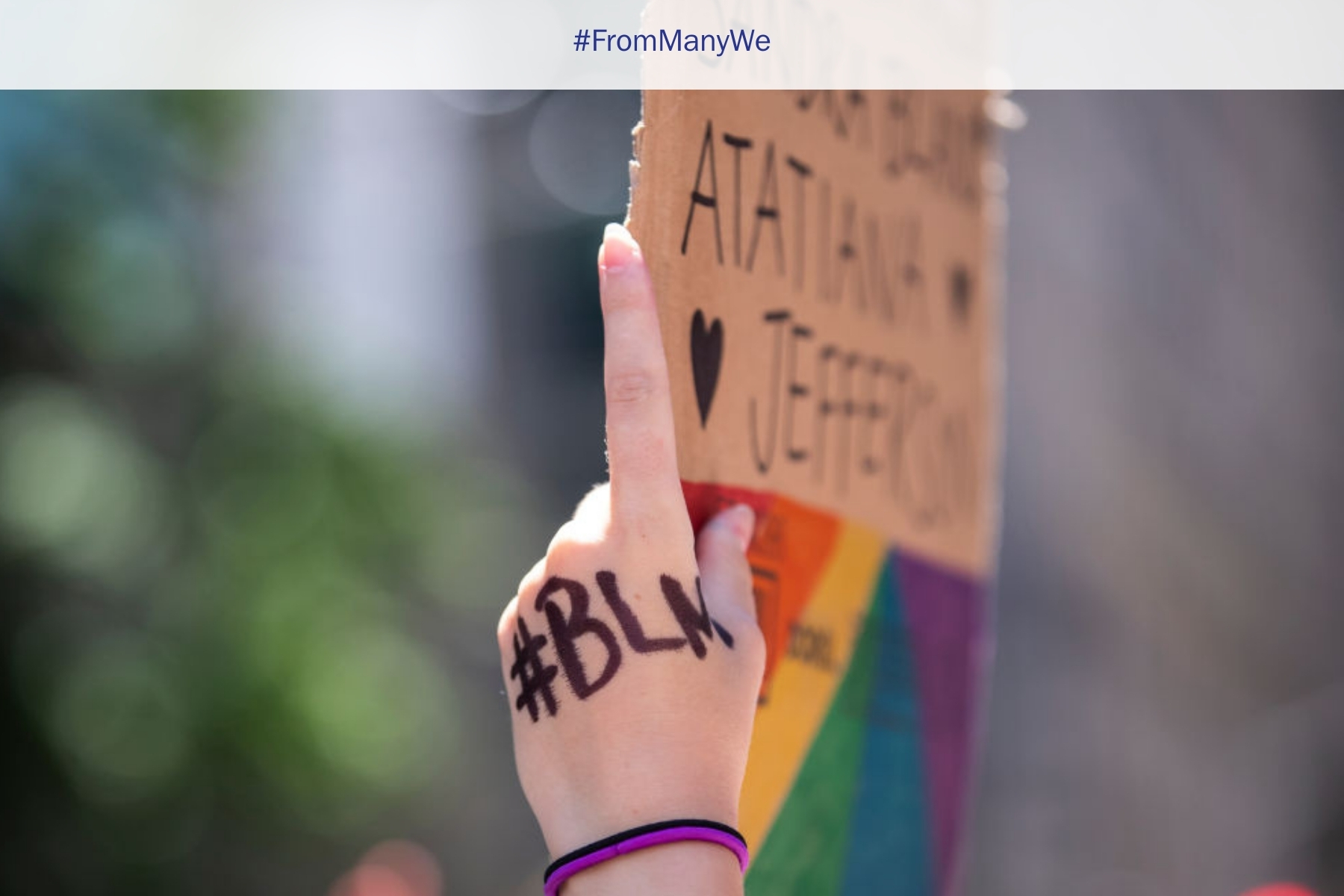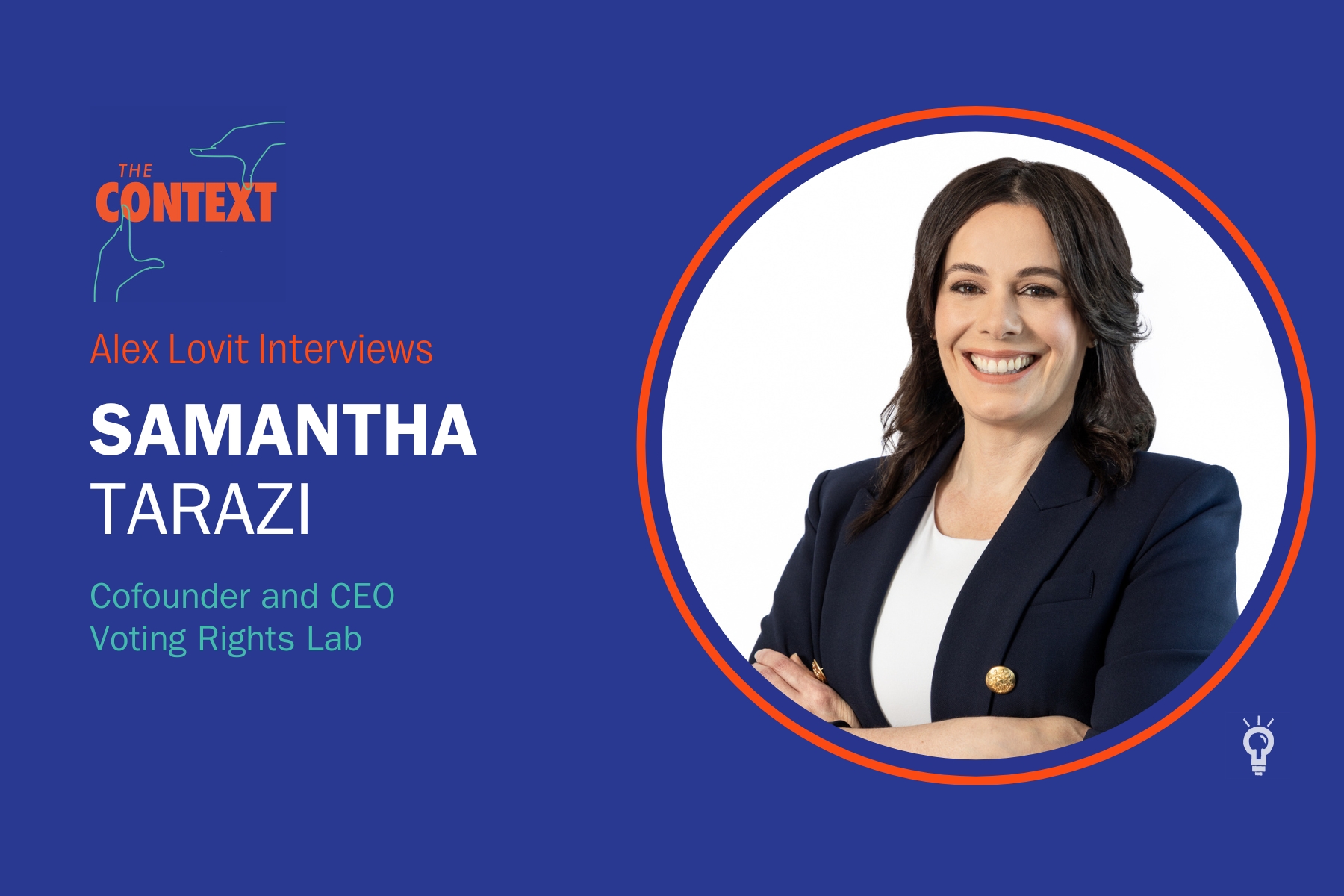It Can Happen Here: Book Bans Are Not Just Red State Problems
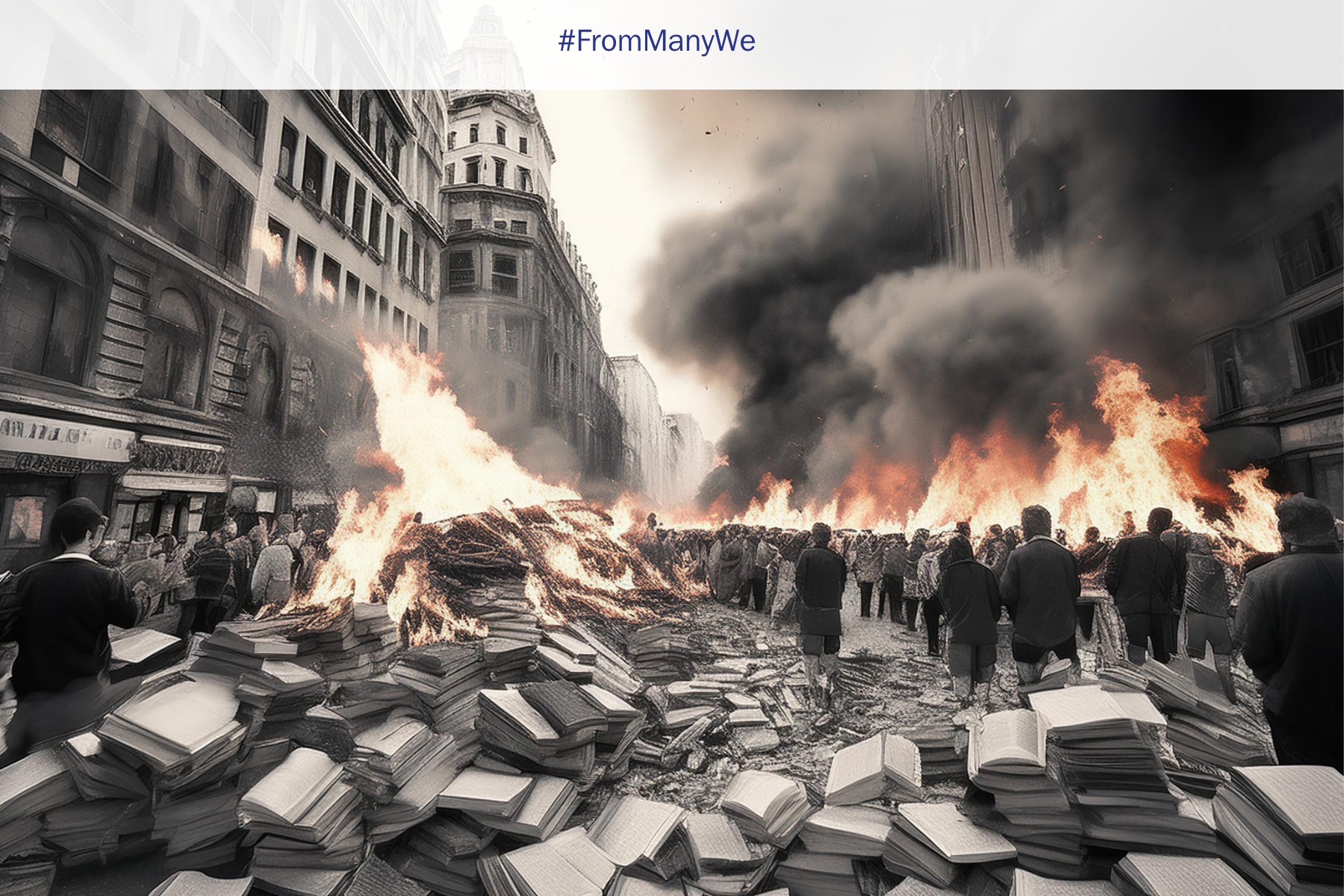
Increased book bans in schools and libraries throughout the US have me deeply worried about the future of our country. How could it be that in 2024, my fellow citizens are dealing with these bans, empty library shelves, harassment, and even death threats against bookstore owners? I have spent much of my career working in authoritarian contexts and am used to seeing these types of policies in Russia or Hungary—but not in my home country.
I live in New York, which, until recently, seemed immune to the bans. But in March 2024, book banning hit home: Boxes of books were found discarded outside of a Staten Island public school. Even the ever-liberal New York City has joined the contentious backlash over national identity, memory, and history.
The hundreds of discarded books were not a random assortment. In fact, each book had a Post-it note explaining why it had been thrown out. A book about Native Americans was labeled, “Negative slant on White people.” A picture book was labeled, “Boy questions gender.” Some books featuring non-White and LGBTQ+ characters simply said, “Not approved.” Even in New York City’s most politically conservative borough, the removal of books from schools feels shocking. This underscores how controversial contemporary school curricula have become across the country.
Book Bans and National Identity
Book bans are steadily rising across the United States. In 2023, according to the American Library Association (ALA), the number of attempts to ban books reached unprecedented levels. While 1,858 unique titles were challenged in 2021, the number rose to 2,571 in 2022; in 2023, 4,240 library titles were targeted for censorship. These attempts at censoring books in schools and libraries are not isolated incidents. According to PEN America, of the books targeted in the 2022–2023 school year, 74% were “connected to organized efforts, mainly of advocacy groups, elected officials, or enacted legislation.” In other words, there is an organized, nationwide effort to restrict citizen access to information.
Certain kinds of books are consistently being targeted for bans. According to the ALA, “Titles representing the voices and lived experiences of LGBTQ+ and BIPOC individuals made up 47% of those targeted in censorship attempts.” The sources of the complaints are consistent too: over half of the book ban attempts led by advocacy groups came from Moms for Liberty, a conservative group that got its start campaigning against mask mandates and now has broadened its focus to school curricula. The organization has close ties to the Republican Party and has been deemed a “far-right organization” by the Southern Poverty Law Center. Moms for Liberty launched a New York City chapter in Queens’ biggest school district in October 2023.
Book bans are not limited to libraries. Diversity, Equity, and Inclusion (DEI) programs and curricula in schools and universities are also now in the direct line of fire. In 2023 alone, 65 bills were introduced to “limit DEI in higher education.” Far-right activists are open about their co-optation of terms like “critical race theory” to reshape elementary and high school curricula. This is despite the fact that critical race theory, in its true form, is a theoretical framework taught in law schools, not in lower education.
This backlash has been building momentum since the 2020 racial justice uprisings in the US led to a national reckoning about how we tell the story of American history. While Confederate monuments were being pulled down amid cheers of young activists, debates continued to rage over Nikole Hannah-Jones’ acclaimed 1619 Project. How we teach history in America is directly connected to how we conceptualize our own national identity.
Those Who Don’t Remember the Past…
Book bans are not new. In the 19th century, US states outlawed abolitionist writing and literature with antislavery content. In the 1950s, they targeted books deemed to be promoting communism. Other countries have engaged in similar practices: the Soviet Union banned books deemed politically subversive, while Nazi Germany targeted books that were “un-German.” Notably, one of the earliest Nazi book burnings was of Magnus Hirschfeld’s Institute for Sexual Research, the first medical center devoted to the study of gender and sexuality.
Removing books from library shelves is a dangerous first step in allowing history and identity to be manipulated by political interests. The current battle over books is not just a byproduct of so-called culture wars; instead, it reflects our society’s most urgent struggles over how we tell the story of ourselves as a nation.
When books are targeted, it is imperative for us to pay attention to who and what is being censored—and by whom. A functioning democracy depends on a truthful representation of where we came from so we can chart a clear path to our future. Even at a Staten Island public school, it is our responsibility to ensure that we all have access to a diversity of voices and perspectives that tell the story of the United States of America. Our future leaders deserve it.
Yelena V. Litvinov is the cofounder of STROIKA, Inc., an organization working across thematic and geographic silos to better connect and resource frontline anti-authoritarian activists around the world.
From Many, We is a Charles F. Kettering Foundation blog series that highlights the insights of thought leaders dedicated to the idea of inclusive democracy. Queries may be directed to fmw@kettering.org.
The views and opinions expressed by contributors to our digital communications are made independent of their affiliation with the Charles F. Kettering Foundation and without the foundation’s warranty of accuracy, authenticity, or completeness. Such statements do not reflect the views and opinions of the foundation which hereby disclaims liability to any party for direct, indirect, implied, punitive, special, incidental, or other consequential damages that may arise in connection with statements made by a contributor during their association with the foundation or independently.
